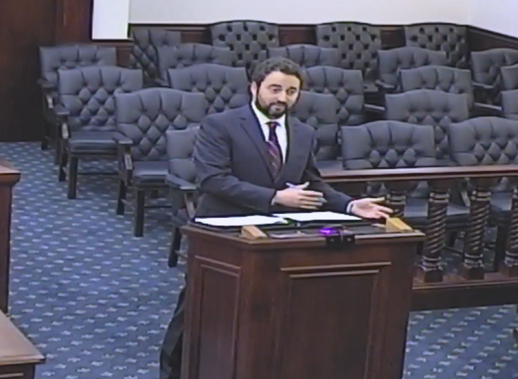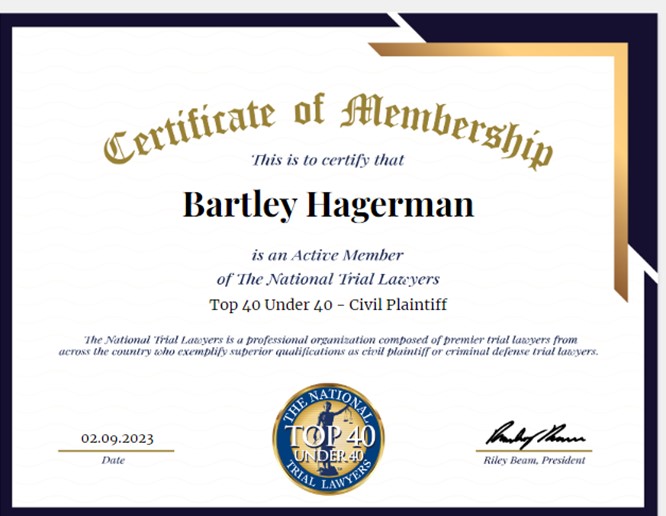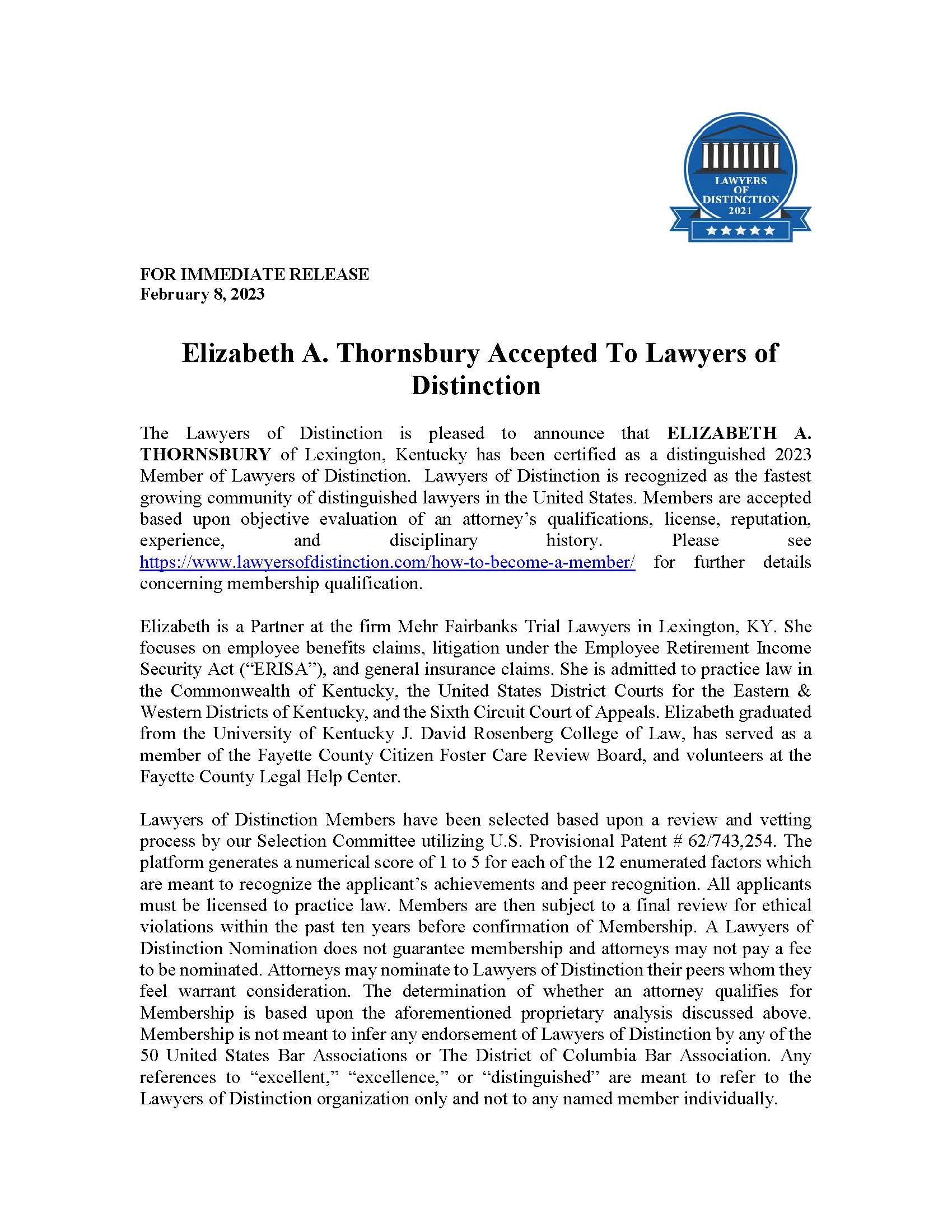It is common for employees to obtain long-term disability coverage through their employment as an employee benefit. These policies are typically governed by a federal law called ERISA (this stands for the Employee Retirement Income Security Act). Having access to this coverage should provide comfort to employees in case the unthinkable happens: some life altering event that leaves you disabled and unable to continue working – physically or mentally. However, typically insurance policies contain language that employees aren’t often aware. For example, most disability insurance policies limit how long benefits will be paid for any conditions that the insurance company considers to be a “mental illness” or “mental health condition.” Most disability policies limit the maximum disability benefit period for mental health conditions to a maximum period of 24 months of benefits (although it is possible some policies have a shorter, or even longer, benefit period – every policy is different). Opposite of this, most policies have a much longer disability benefit period for conditions that are considered “physical” conditions (for example, most policies pay benefits to ages 65 or 67 for physical conditions).
Why is there such a disparity in how physical and mental conditions are treated by disability insurance carriers? There shouldn’t be – and other types of coverage (such as health insurance) do not have this disparity. However, action is now being taken to try and make this change for disability policies. The 2023 ERISA Advisory Council has taken a focus on this very issue this year. Their goal has been to “study the scope and impact of employee benefit plans’ limitations on disability benefits for mental health and substance use conditions.”
The ERISA Advisory Council has now urged Congress to pass legislation for mental health parity in disability policies. And, since this news, a large disability insurance carrier – Sun Life – has vocalized support for mental health parity. Sun Life, in a press release, stated:
 Kentucky ERISA Disability & Life Insurance Claim Lawyers
Kentucky ERISA Disability & Life Insurance Claim Lawyers









